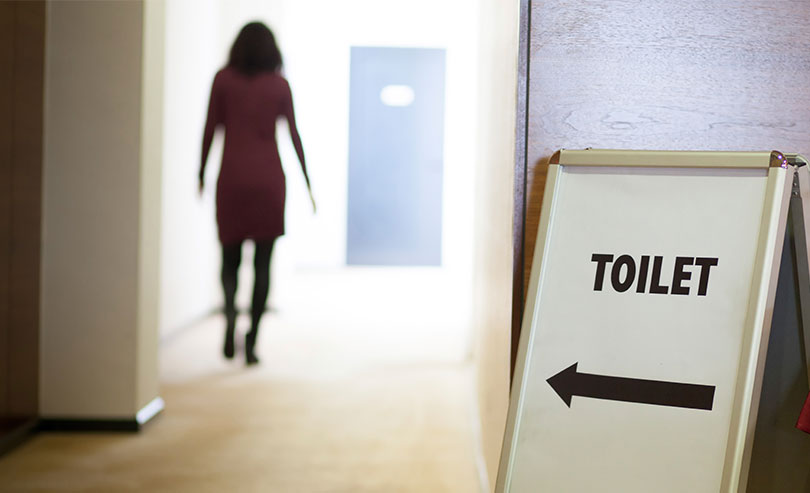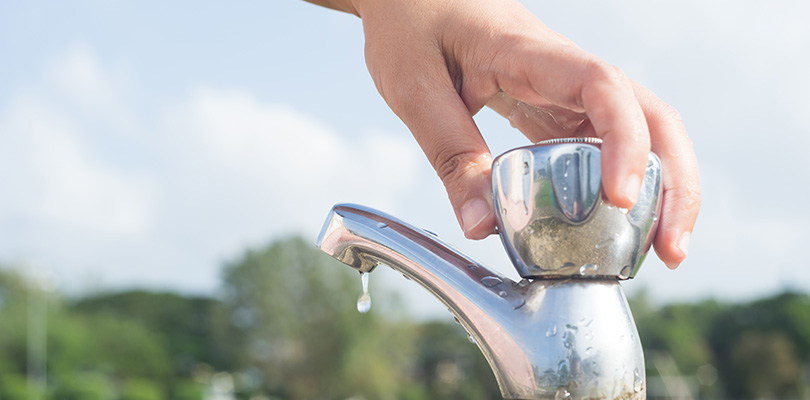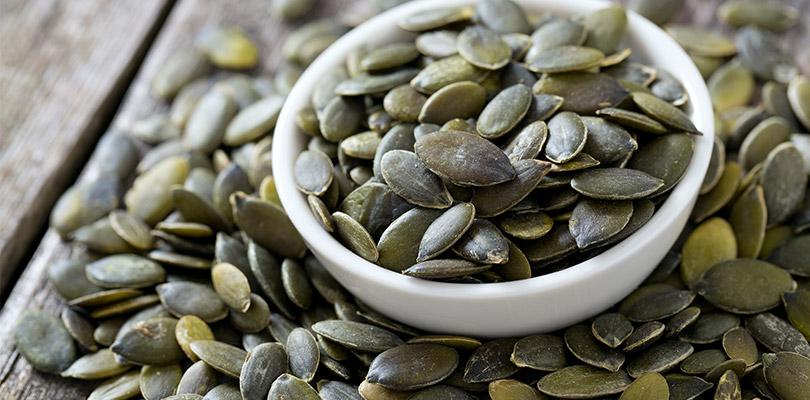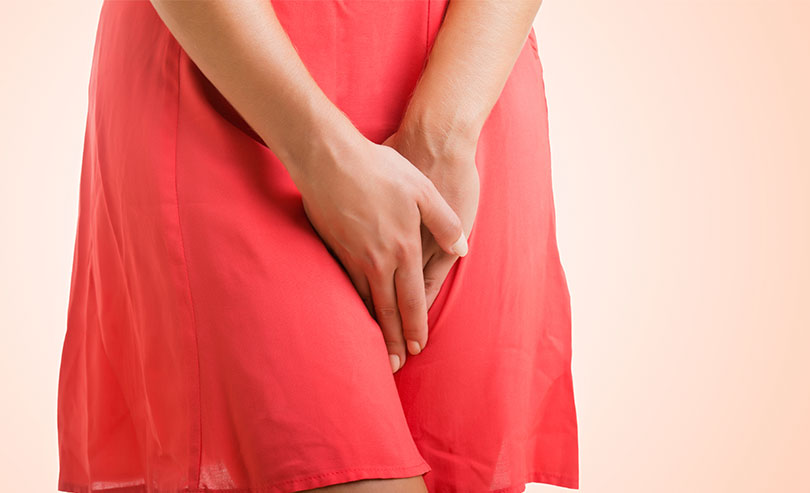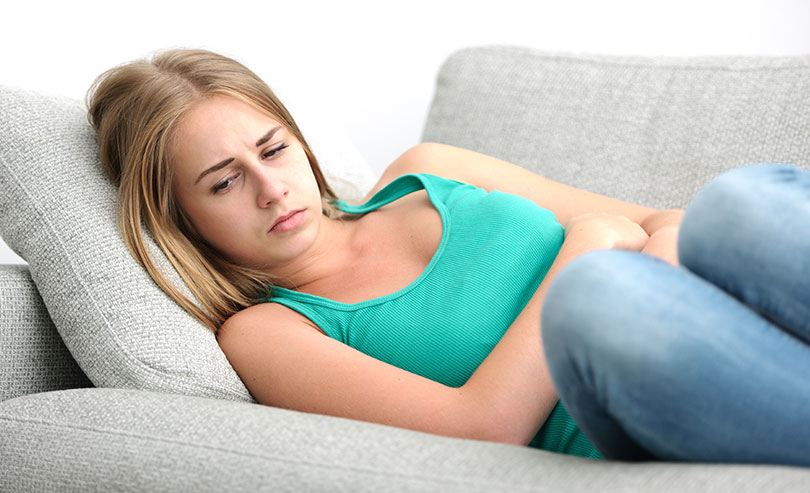
Photo Credit: faziletphoto / istockphoto.com
8. OAB Medications Are All the Same
Different medications work in different ways. There are several effective OAB treatments out there, and it’s certainly worth trying a few different ones to find the best fit for you. In most cases, medications work best when coupled with some smart lifestyle changes.
Side effects are not uncommon, but they’re generally mild — dry mouth and constipation are typical complaints. Of course, if you can’t handle the side effects, you can try another type of delivery system (patches or gels may be easier on your system than pills).
OAB is clearly an embarrassing condition, but keeping it to yourself will only make it more difficult to live with. Talk to your doctor — they’ve heard it all before, so there’s absolutely no reason to hold back — and you’ll soon be on track to a much less stressful life.
Read more about OAB in men, as well as OAB treatment options, over at NewLifeOutlook.
Resources
Healthline (Overactive Bladder vs. Urinary Incontinence and UTI: What’s the Difference?)Healthmonitor (Top 5 Myths About Overactive Bladder)Uro Today (Beyond the Abstract - Misconceptions and miscommunication among aging women with overactive bladder symptoms)Vibrant Nation (OAB Fact vs Fiction)Healthguides (10 Myths about Overactive Bladder)How to stop bladder leakage starts with bladder training, reducing stress, lifestyle and diet changes, and seven other ways.
